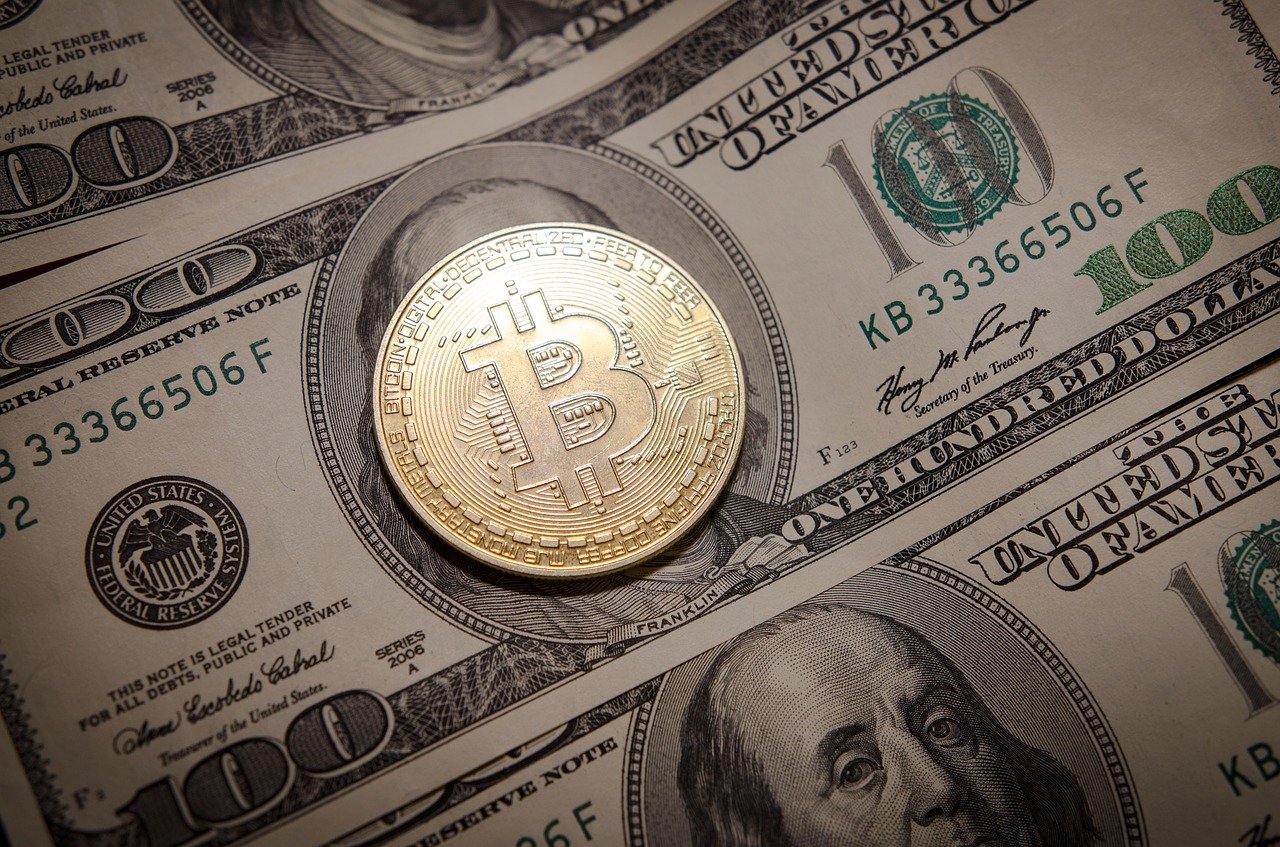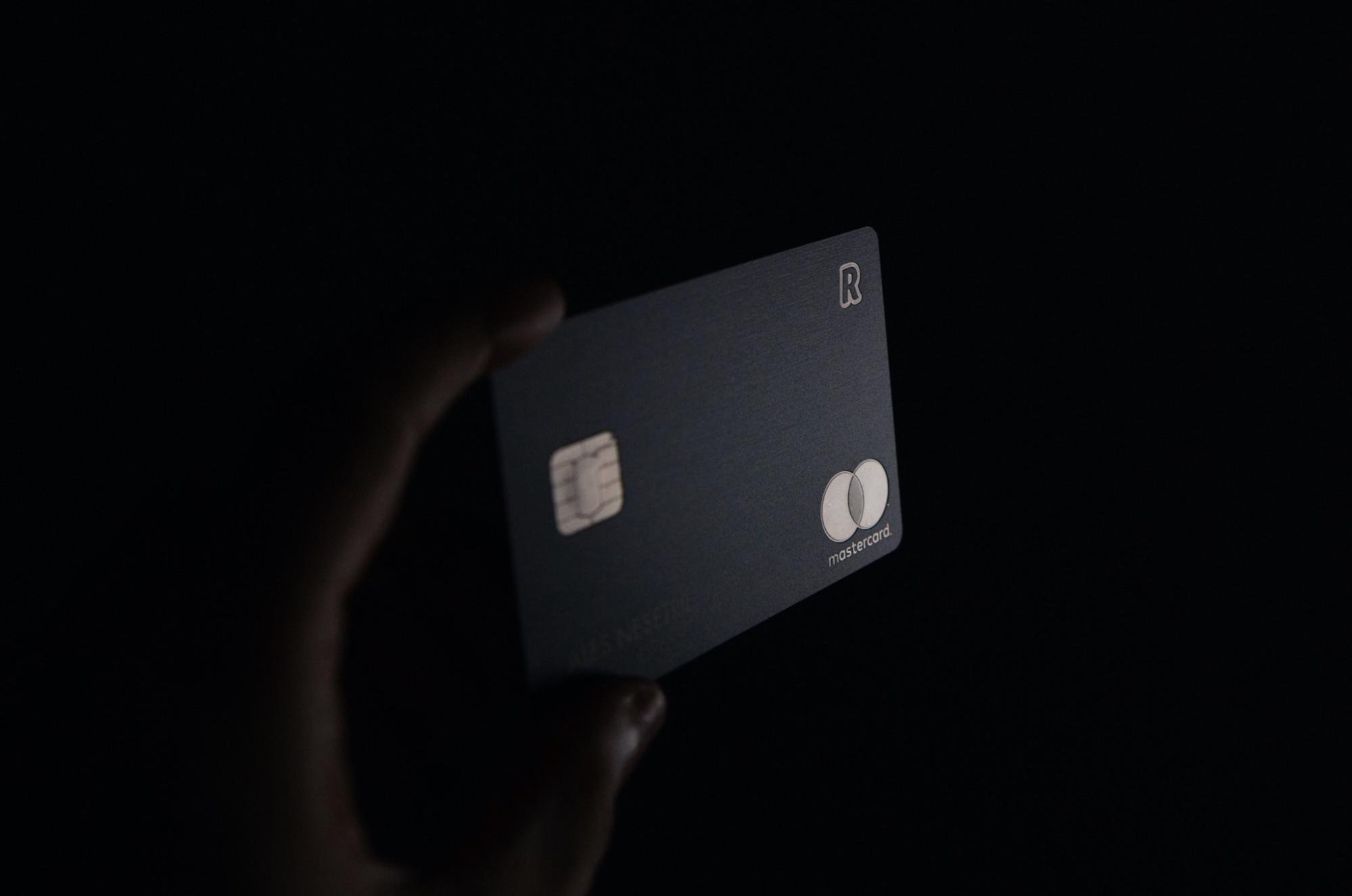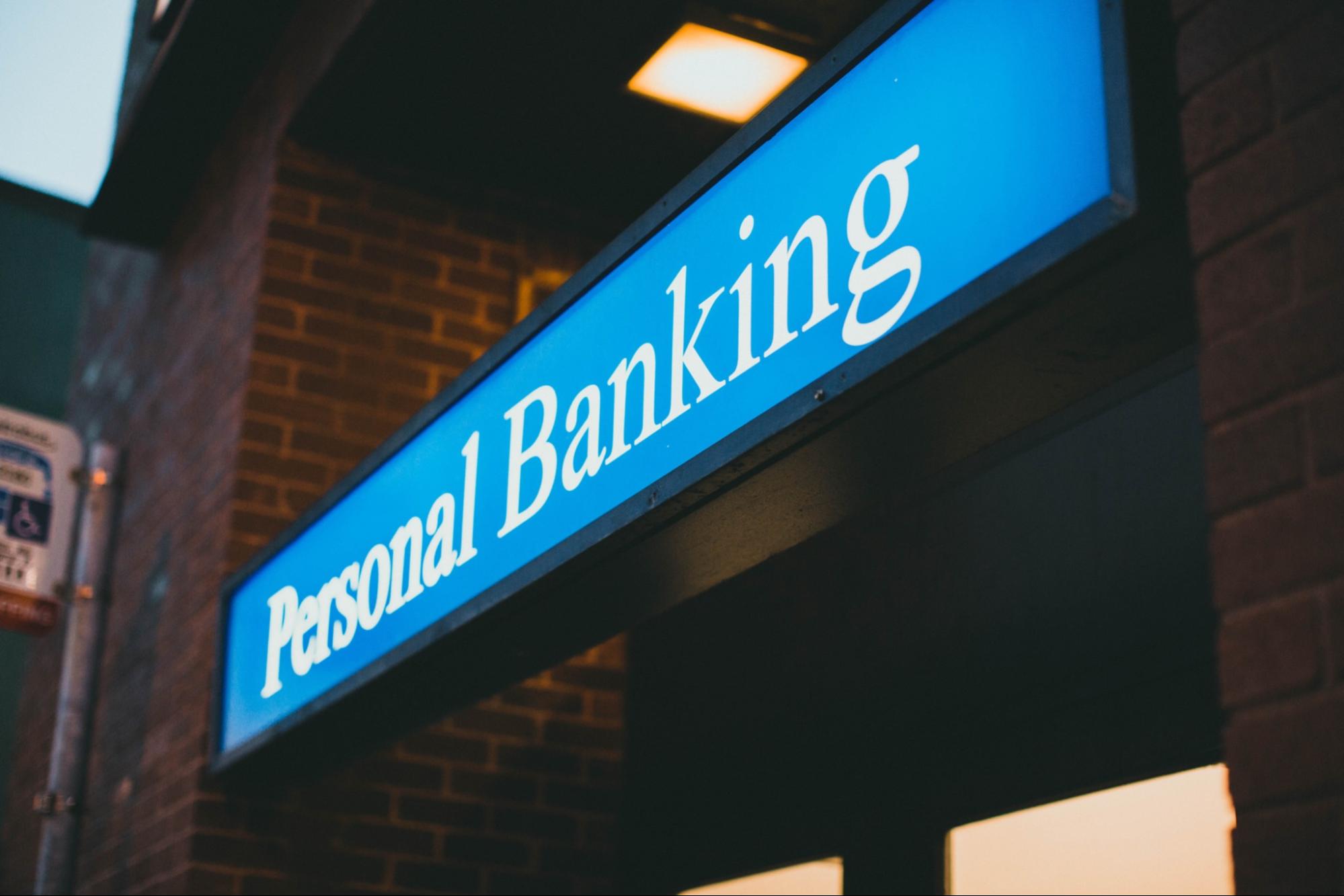Crypto banking is a growing industry within the crypto world as more people are looking for ways to use their crypto besides just holding it as an investment. Crypto banking provides several important financial services, similar to traditional banks.
If you’re a boomer, you might be wondering what exactly crypto banking is and how it differs from regular banks. Below, we’ll get into 5 FAQs to help answer those questions.
5 FAQs on crypto banking

1. “What are crypto banks? Are they actually real banks?”
Crypto banks are financial tech companies dedicated to providing banking services for crypto. However, the term also includes crypto-friendly traditional banks that are expanding to include crypto among their regular services.
Technically, crypto banks are not real banks because they don’t fall under a central bank or government authority. But this doesn’t make them any less trustworthy, as long as you do your research and use a crypto bank with a good reputation.
They function the same as regular banks, providing services like crypto checking accounts, savings accounts, debit cards, loans, and cashback on purchases in the form of crypto.
2. “How do I know if crypto banking is safe? Are crypto banks FDIC insured?”

Crypto banks are safe, but there are some unique risks that regular banks don’t have. First, the Federal Deposit Insurance Corp. (FDIC) does not insure cryptocurrency. Is there currently governmental regulation of crypto? The answer to that question isn’t so straightforward. If a cryptocurrency meets the criteria to be deemed an investment contract, the SEC can require it to be registered as an investment and regulate it.
Another concern is that keeping your crypto in a bank doesn’t mean it won’t be susceptible to crypto’s usual price volatility. If you have a crypto savings account, these price changes could affect the interest you earn.
3. “Can I get checks and a debit card from my crypto bank?”
It’s possible to open checking accounts and get a debit card at most crypto banks, though paper checks aren’t used in crypto banking.
Crypto debit cards work by the user preloading crypto onto their card, and then the bank converts it to fiat currency either immediately or at the time of a transaction. This process is much easier with a card than with a paper check.
Different banks also offer different rewards with their debit cards, such as cash back or no transaction fees.
4. “Are there any major banks that accept cryptocurrency?”

More major banks are starting to embrace cryptocurrency now they see it isn’t just a temporary trend.
Some big name banks are starting to include crypto services like holding users’ crypto account balances directly, offering integration with popular crypto platforms like Coinbase, or even starting their own crypto coins.
Some mainstream crypto-friendly banks are:
- USAA
- U.S. Bank
- JP Morgan
- Ally Bank
- Morgan Stanley
- Goldman Sachs
5. “Are there physical locations for crypto banks or are they all virtual?”
With the exception of crypto-friendly mainstream banks, most crypto banks are entirely virtual. They provide their services through their website and mobile app, and they use digital tools like video and online chat for customer service.
The banking industry as a whole has been moving towards virtual branches. While physical locations aren’t going away anytime soon, they are becoming less popular as customers look for the convenience and speed of digital banking.
The future of crypto banks
Crypto banking is a quickly growing industry with many traditional banks eager to start offering crypto services.
However, more recently the crypto banking industry has experienced some setbacks due to the collapse of the FTX exchange. Leaving many wondering, what comes next for crypto banking?
About the Author

Jennifer Jones
About Decentral Publishing
Decentral Publishing is dedicated to producing content through our blog, eBooks, and docu-series to help our readers deepen their knowledge of cryptocurrency and related topics. Do you have a fresh perspective or any other topics worth discussing? Keep the conversation going with us online at: Facebook, Twitter, Instagram, and LinkedIn.


